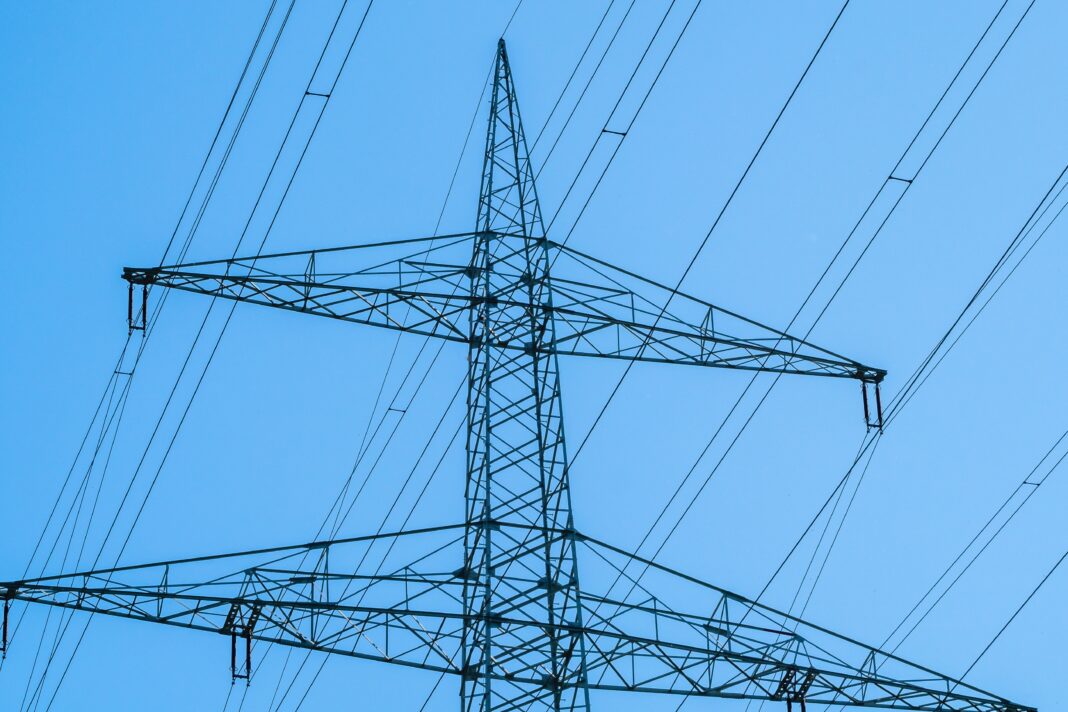The reform of the electricity market, to make it more stable, affordable and sustainable, received the support of the Energy Committee on Wednesday.
In their amendments to the draft legislation, MEPs propose to further strengthen consumer protection against volatile prices. Consumers should have the right to fixed-price contracts, dynamic price contracts, as well as more key information on the options they sign up to, banning suppliers from being able to unilaterally change the terms of a contract. The aim is to ensure that all consumers, as well as small businesses, would benefit from long-term, affordable and stable prices and to mitigate the impact of sudden price shocks.
MEPs also advocate that EU countries prohibit suppliers from cutting the electricity supply of vulnerable customers, including during disputes between suppliers and customers, and prevent suppliers from requiring these customers to use prepayment systems.
Special contracts and flexibility
The Energy Committee backs wider use of so-called “Contracts for Difference” (CFDs) to encourage energy investments and suggest leaving the door open for equivalent support schemes after approval by the Commission. In a CFD, a public authority compensates the energy producer if market prices fall too steeply, but collects payments from them if prices are too high.
MEPs also highlight the importance of Power Purchase Agreements (PPAs) in providing consumers with stable prices and renewable energy providers with reliable revenues. The European Commission is tasked with setting up a marketplace for PPAs by the end of 2024.
MEPs adjusted the criteria for declaring an electricity price crisis, to make sure there are concrete measures to better protect citizens and companies.
The committee also advocates in favour of “non-fossil flexibility” (the ability of the power grid to adjust to changes in supply and demand without relying on fossil fuels) and flexibility on the demand side, for instance via the use of home battery systems. This can help balance the electricity grid, reduce price fluctuations, and empower consumers to adapt their energy consumption to prices and their needs.
Quote
“With this agreement, Parliament puts citizens at the centre of the design of the electricity market, prohibiting companies from cutting the power of vulnerable and at-risk consumers, promoting the right to share energy, reducing price spikes and promoting affordable prices for citizens and companies”, said lead MEP Nicolás González Casares (S&D, ES). “We turned CfDs into the reference system for encouraging the electricity sector to transition towards a renewable-based zero-emission system. A system that will improve make companies more competitive through clean electricity at competitive and stable prices”, he added.
Next steps
The electricity market reform was backed by 55 MEPs on the Industry, Research and Energy Committee, 15 voted against and 2 abstained. They also voted to open negotiations with Council by 47 votes to 20 against, and 5 abstentions – a decision which will have to be greenlighted by the full House in a forthcoming plenary session.
Background
Energy prices have been rising since mid-2021, initially in the context of the post-COVID-19 economic recovery. However, energy prices rose steeply due to gas supply problems following the launch of Russia’s war against Ukraine in February 2022, which unleashed an energy crisis. High gas prices had an immediate effect on electricity prices, as they are linked together under the merit order system, where the most expensive (usually fossil fuel-based) energy source sets the overall electricity price.









